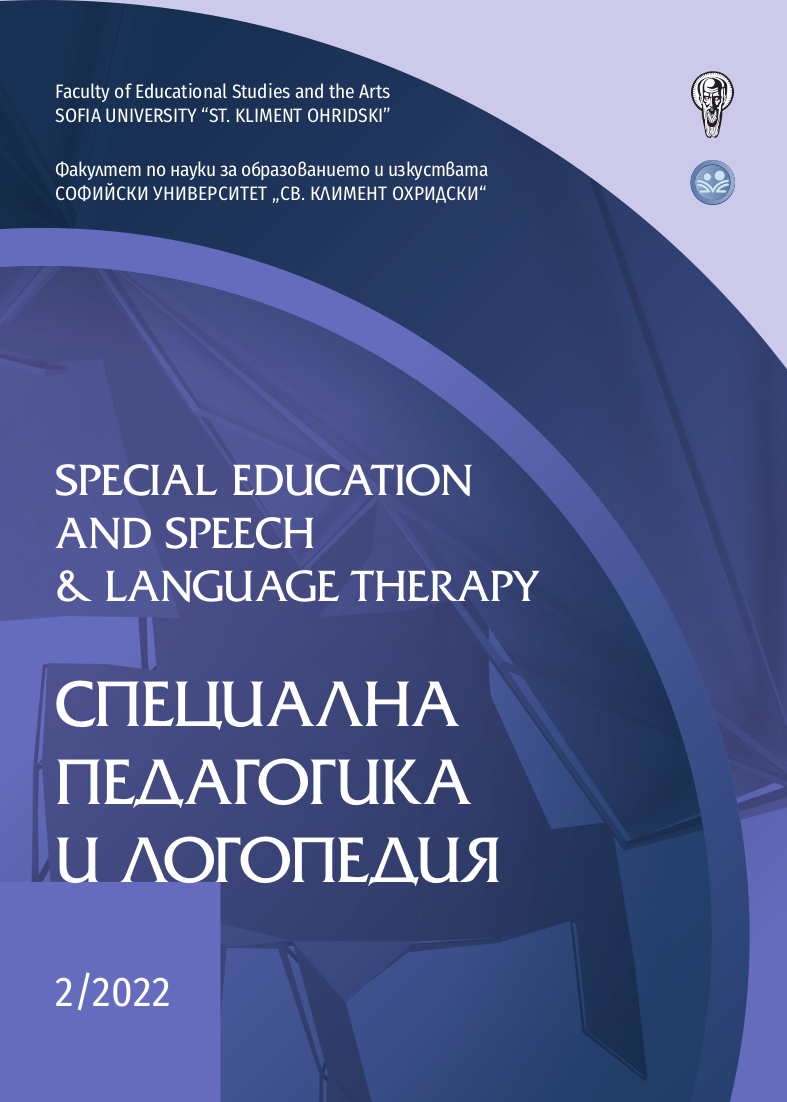PEDAGOGICAL INTERVENTIONS FOR STUDENTS WITH MILD MENTAL RETARDATION IN GREEK PRIMARY SCHOOLS
Keywords:
mild mental retardation, pedagogical interventions, learning, disabilities, special educationAbstract
In the 21st century, the purpose of both society and education is to eliminate discrimination and prejudice between individuals. Children with mild mental retardation are a category of students with special educational needs, which is often confused with other categories of special educational needs. There are obvious differences between students with mild mental retardation and students with some speech disorder, both in the educational level and in the social relationships of these children with each other (Tzouriadou, Anagnostopoulou, 2011). From 2000 onwards, the educational policy in Greece aims at the integration of students with educational needs and thus many students with mild mental retardation attend general school, following a common curriculum with the rest of their classmates, with or without adaptations (Vlachou- Balafa, 2000: 79-100). Children with mild mental retardation, who attend primary school, often have parallel support or attend integration classes. The integration departments in primary schools aim to help, strengthen and support students with mild mental retardation, in the two main subjects, language and mathematics. In this way, the student will overcome any difficulties and adapt to the common teaching program, as much as they can, according to their capabilities. The material examines the teaching interventions applied by special education teachers to students with mild mental retardation in Greek general primary schools.
Downloads
Published
Issue
Section
License
Copyright (c) 2023 Томай-Мария Андреопулу, Нели Василева

This work is licensed under a Creative Commons Attribution 4.0 International License.

